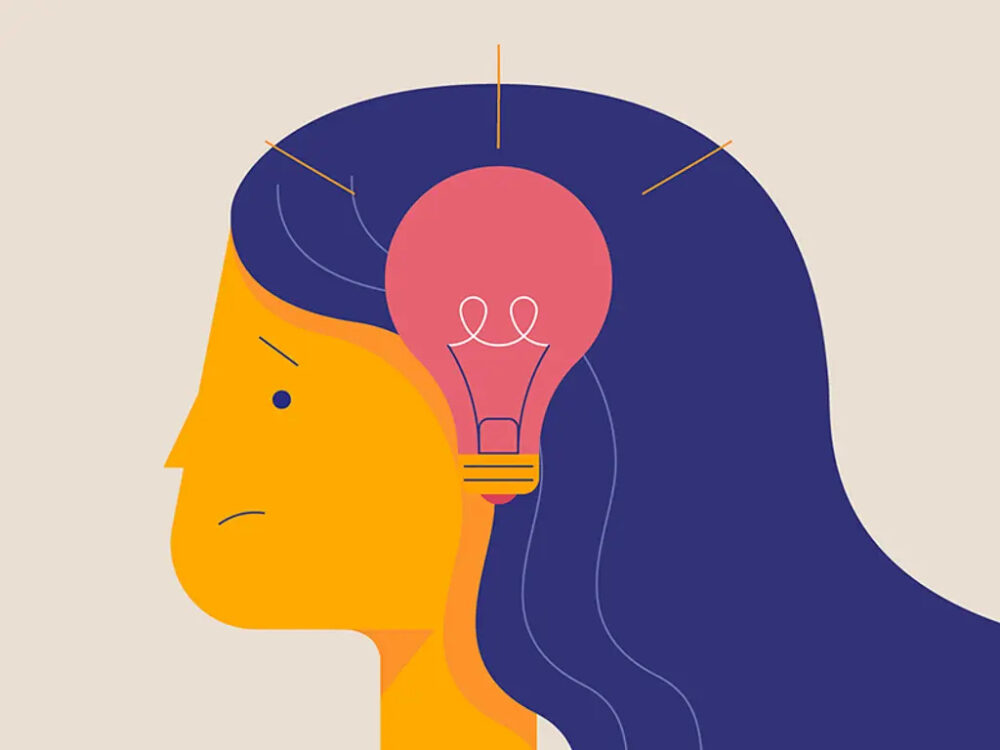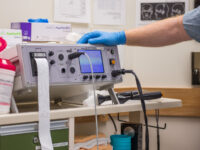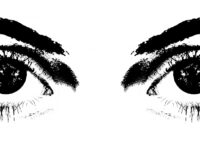Post-traumatic stress disorder (PTSD) is a debilitating mental health condition that has long eluded easy treatment solutions due to its common comorbidity with other behavioral health conditions such as depression, anxiety, and substance use disorders. However, a novel approach has emerged in recent years: MDMA-assisted therapy. This revolutionary treatment involves the controlled use of MDMA, also known as “ecstasy” or “molly,” in a therapeutic setting. While this therapy has shown great promise in clinical trials, what sets it apart is its efficacy and the intriguing neurobiological mechanisms that underlie its success.
In individuals with PTSD, there is often a dysregulation of the serotonin system and hypothalamic-pituitary-adrenal (HPA) axis, leading to symptoms like depression, anxiety, and emotional numbing. This dysregulation is due to the persistent activation of the HPA axis in response to trauma-related triggers. This continual activation leads to elevated cortisol levels which exacerbate serotonin dysfunction and thus decrease serotonin release. Understanding the dysregulation of the HPA axis and serotonin system in PTSD is a core concept behind MDMA therapy.
MDMA is an entactogen that promotes monoamine reuptake inhibition. This means it is a psychoactive substance that encourages reuptake of neurotransmitters like serotonin. When MDMA is administered in a controlled therapeutic environment, it causes a surge in serotonin levels. This increase in serotonin enhances emotional processing, increases empathy and trust between patients and clinicians, dampens amygdala activity, and may promote neuroplasticity for healthier neural connections in individuals with PTSD.
Several clinical trials have proven MDMA therapy to be highly effective at mediating and treating PTSD. In a 2023 study published by a team of researchers out of the University of California, San Francisco, 86.5% of participants treated with MDMA and psychotherapy achieved a “clinically meaningful benefit” and 71.2% of participants no longer met criteria for PTSD by the end of the 18-week trial period. This is the first psychedelic treatment study with more than half of the participants coming from an ethnically or racially diverse background, meaning that the effectiveness of MDMA-assisted therapy is confirmed to extend beyond ethnic and racial majority groups.
“MDMA-assisted therapy could become a valuable tool for behavioral health, offering hope to those who have struggled with conditions that are notoriously difficult to treat.”
While MDMA therapy has shown significant promise in treating PTSD, researchers are exploring its potential applications for other behavioral health conditions. Given MDMA’s effect on serotonin reuptake in the brain, the possible implications of MDMA-assisted therapy on major depressive disorder are clear. Major depressive disorder affects an estimated 5% (or 400 million) of adults worldwide and is one of the most common behavioral health disorders. A 2022 study proposal from a team of researchers at the University of Oslo stated that “significant and immediate antidepressant effects of MDMA-assisted therapy are demonstrated in published PTSD trials.” This study and others are currently ongoing to determine the effectiveness of MDMA for the treatment of major depressive disorder. As research continues, MDMA-assisted therapy could become a valuable tool for behavioral health, offering hope to those who have struggled with conditions that are notoriously difficult to treat.
“MDMA-assisted therapy represents not only a breakthrough in PTSD treatment but also a fascinating glimpse into neurobiology and the brain’s potential to heal.”
MDMA-assisted therapy represents not only a breakthrough in PTSD treatment but also a fascinating glimpse into neurobiology and the brain’s potential to heal. By understanding this and the function of MDMA, the broader applications of psychoactive treatment in the realm of behavioral health are endless. MDMA therapy may be the answer to offering relief and healing to a wide range of individuals grappling with the complexities of PTSD and other psychological disorders.






